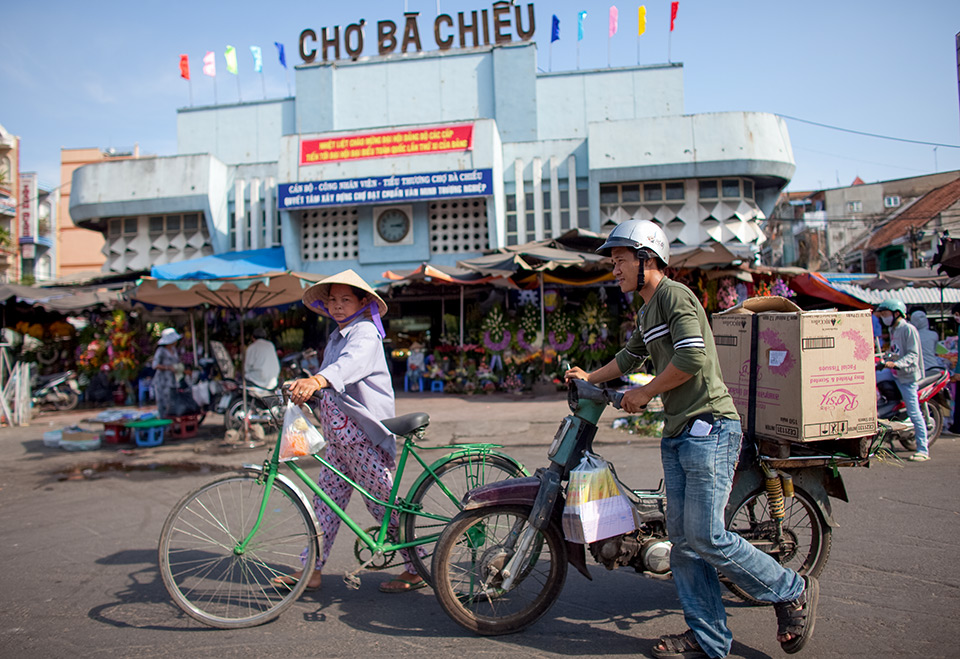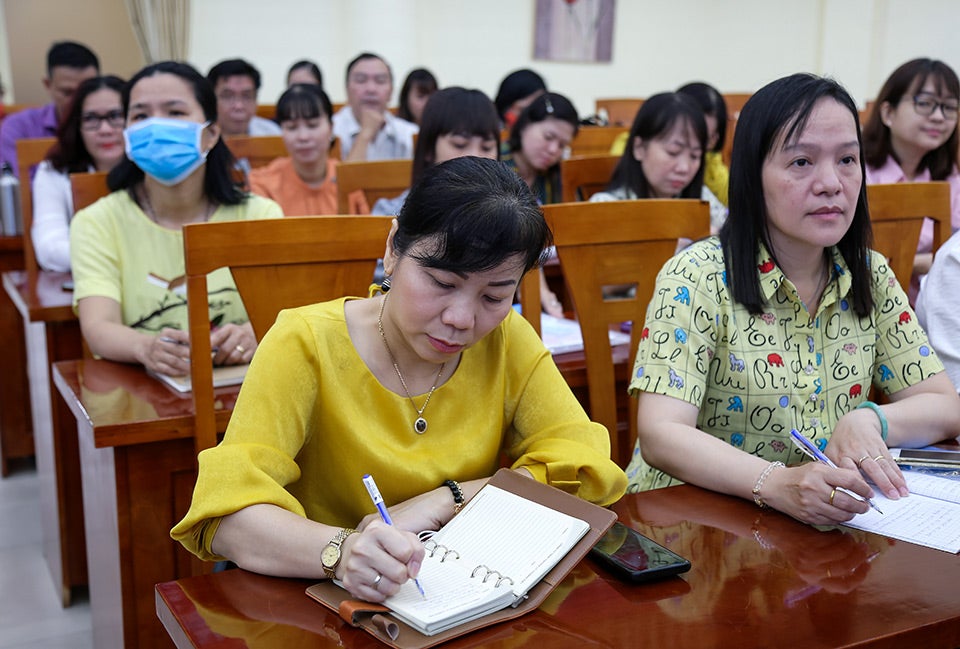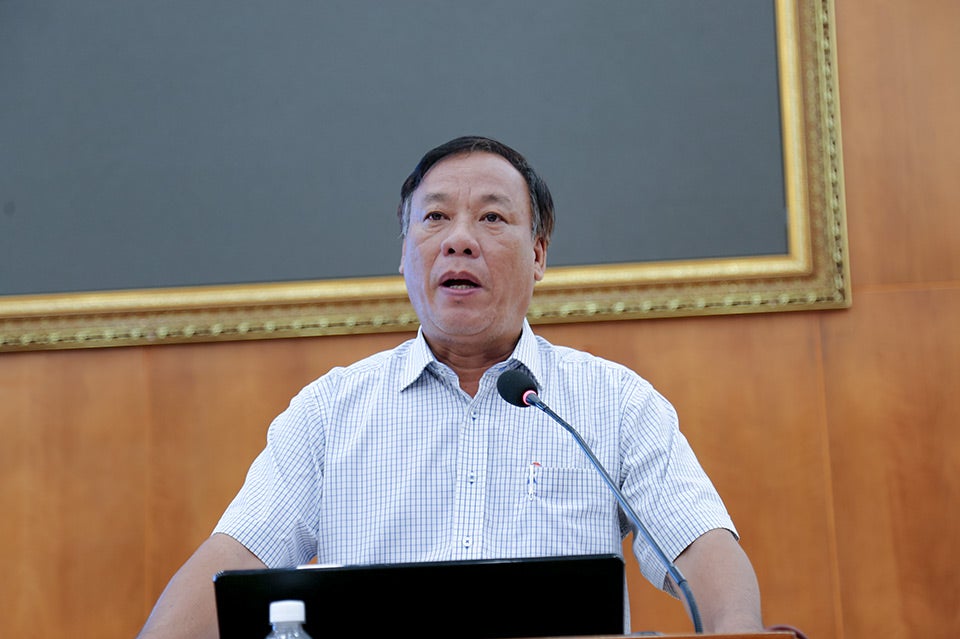UN Women encourages modified budgeting to make public toilets safer for women in Ho Chi Minh City
Date:
Author: Hoang Thao

Ho Chi Minh City, Viet Nam — With more than 10 million people, Ho Chi Minh City is the country’s largest city. But it has only around 200 public toilets, and many of them are risky places for women and children.
“I always have a fear of using public toilets due to the bad hygiene condition, lack of clean water, toilet paper and soap,” said Ngoc Nguyen, 35. “The restrooms for women are often small and lack bidet sprayers. I face many difficulties when I go with my sons.”
Said Chau Le, a young female worker, “Toilets are very dark and mostly located in places like parks, markets or bus stations. I do not dare to use them it in the evening.” She said that she will not use them even in the morning if there are not a lot of people around.
A study done by the Department of Labour - Invalids and Social Affairs and UN Women in 2017 found that the city’s toilets – along with parks, and restaurants, bars and pubs – often pose risks of harassment and sexual violence.

To help resolve this problem, on 6-7 October UN Women specialists collaborated with the Department of Labour - Invalids and Social Affairs and the People's Committee [local administration] of District 10 to give three workshops on using gender-responsive budgeting to improve infrastructure. Participants learned what data needs to be collected in order to identify the gender-specific problems of toilets in markets and schools, and how that data can be used to repair and upgrade those facilities.
The total of 90 participants came from school administrations, departments of District 10, and the Women Advancement and Gender Equality divisions of different departments in the city and districts. The workshops were part of the 5-year cooperation (2017-2021) between UN Women and the Department of Labour - Invalids and Social Affairs on safe cities for women and girls.
At one of the workshops, Tran Thi Kim Thanh, Head of the Children Affairs and Gender Equality Division of the Ho Chi Minh City Department of Labour - Invalids and Social Affairs, noted that the 2017 study found public toilets in hygiene, lighting, space and convenience.

“The criteria of using safe toilets and ensuring reproductive health for women and girls are often neglected in the planning and construction processes,” she said. “In addition, construction processes are less likely to consider the risk and safety factors for women and girls. Therefore, it is extremely important to mainstream gender into planning and budgeting for building and improving public toilets.”
Bui The Hai, Vice President of People’s Committee of District 10, Ho attended two of the workshops.
“I found that gender-responsive budgeting is a great tool to improve the infrastructure of the city even with limited budgets,” he said. “It is not so difficult to apply. This year, when authorities of schools, markets and parks in District 10 submit their plans to build, repair or improve public toilets, I will request them to collect and analyze data on the needs of women and children. Gender mainstreaming in their plans is a must to do.”Ho Chi Minh City was one of the first cities of Viet Nam to commit to gender-responsive budgeting. With the technical support of UN Women Viet Nam, authorities have developed guidelines for the People’s Council for implementing such budgeting in the transport sector, with the aim of building a safe city for women and girls as a Ho Chi Minh City “brand”. The lessons learned from the city’s gender-responsive budgeting have been shared with the National Assembly and the ministries, to apply gender equality principles to Vietnam's State Budget Law.
For media inquiries:
Hoang Bich Thao,
Communications Officer, UN Women Viet Nam
Email: hoang.thao@unwomen.org